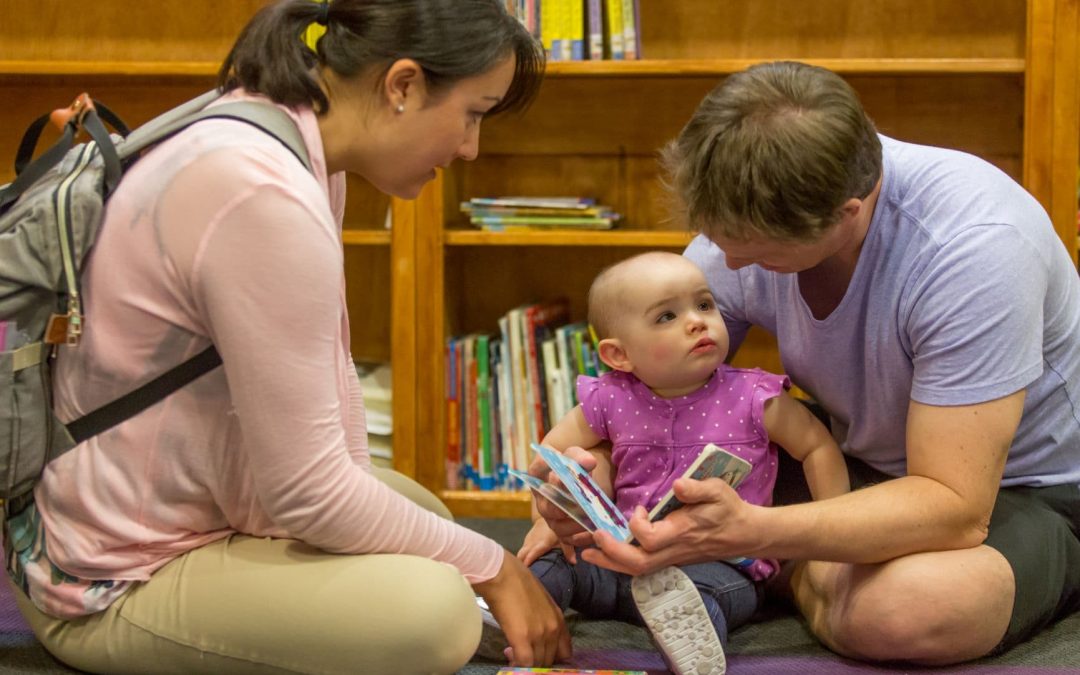By Adrie Van Wonterghem with Start Well Orange County
This Wednesday Pretend City’s Education Team is partnering with Start Well OC to tackle the topic of Family Mental Health during our Parent Webinar. As we continue to navigate the unprecedented times of the pandemic, many families are worried about their children’s wellness and positive development amid a time of stress and anxiety. Supporting their wellbeing starts with considering the mental health of your family as a whole.
What is it?
Family Mental Health is the social, emotional, physical and psychological factors of individuals that make up a family unit. How a family handles stress, trauma, the complexities of their daily routines, and a family’s approach to wellness and happiness all contribute to the overall mental health of a family. Each member of the family unit contributes to its overall mental wellness, including children. In young children, mental health is the developing capacity of the child from birth to five years to form close and secure adult and peer relationships. Their ability to freely experience, manage, and express a range of emotions can be an indicator of their mental health. During heightened times of stress and uncertainty, it is important to consider your family’s approach to fostering mental health, as adults and children both can be affected by mental health conditions.
Supporting Family Mental Health in the Home
Supporting positive children’s and family mental health begins with the home environment. It is important to remember that as adults in our children’s lives, we shape their physical, social, emotional, and psychological environments. Our children look to us for models on how to express emotions such as hearing disappointing news, or how to respond to physical pain such as stubbing our toe or hitting our head. We shape their understanding of love, happiness, and sharing joyful moments. As caregivers, our children rely on the predictable routines and schedule we can provide them with for stability and security. Our nurturing intentions communicate strong responsive relationships, and our consistency in parenting, discipline, and redirection strategies help our children navigate self-regulation, control, and self- awareness.
Protective Factors
To ensure that the home environment we provide our little ones with supports positive mental health, we can embrace protective factors. Protective factors are characteristics of our family and community that reduce the negative impact of adverse childhood experiences, or trauma that our family experiences and affects our children. Some factors include social connections and concrete support systems. Knowledge of parenting and child development can help contribute to understanding the social and emotional capabilities our young children. Most of all, parent resilience largely contributes to creating a positive family mental health.

